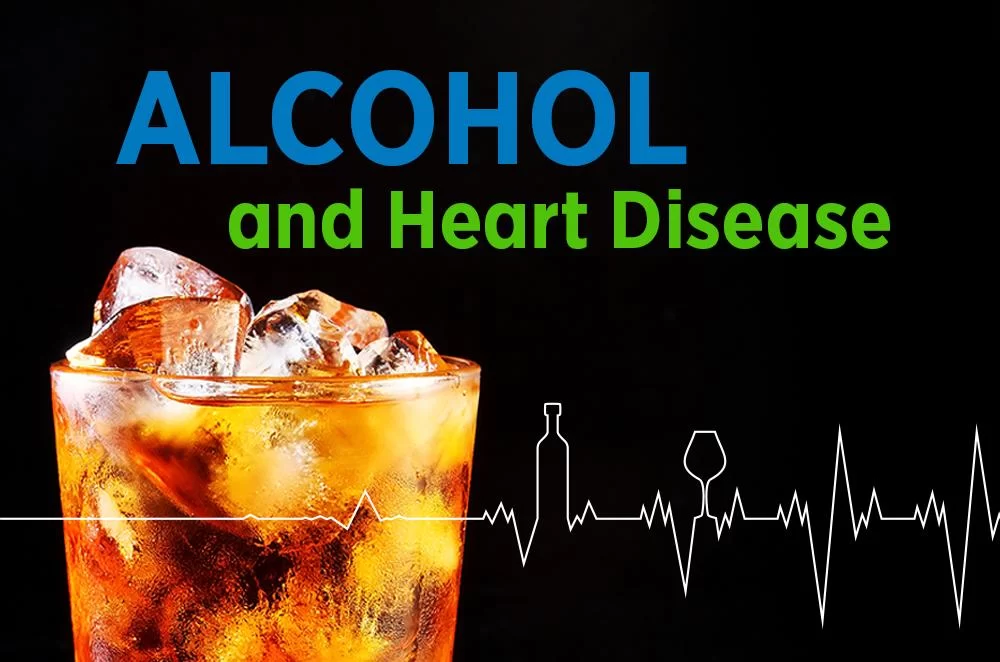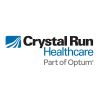1. Understanding Alcohol’s Impact on Heart Disease
Alcohol consumption affects heart health in complex ways, especially for individuals with heart disease. While some studies suggest moderate alcohol intake may offer cardiovascular benefits, excessive drinking significantly increases risks such as hypertension, arrhythmias, and heart failure.
Alcohol influences blood pressure and can lead to weight gain, both of which strain the cardiovascular system. Moreover, drinking alcohol can interfere with heart medications, reducing their effectiveness or causing harmful interactions.
Understanding how alcohol impacts heart disease helps patients make informed decisions about drinking and managing their condition safely.

1.1 Why Heart Disease Patients Should Be Cautious
Patients with pre-existing heart disease have more fragile cardiovascular systems. Alcohol-induced fluctuations in blood pressure and heart rhythm can exacerbate symptoms and increase the likelihood of cardiac events.
Atlanta Heart Specialists
atlanta heart specialists
4375 Johns Creek Pkwy #350, Suwanee, GA 30024, USA

2. Recommended Alcohol Drinking Limits for Heart Disease Patients
Guidelines generally recommend that heart disease patients limit alcohol intake to moderate levels or abstain entirely depending on individual health status. Moderate drinking is often defined as up to one standard drink per day for women and up to two for men.
A standard drink equals approximately 5 ounces of wine, 12 ounces of beer, or 1.5 ounces of distilled spirits. However, these recommendations can vary based on patient age, medications, and comorbidities.
Consultation with healthcare providers is essential to tailor safe drinking limits and ensure no interference with prescribed treatments.
2.1 Adjusting Limits Based on Individual Risk Factors
Some patients may be advised to avoid alcohol completely, especially those with uncontrolled hypertension, heart failure, or history of alcohol-related complications.
3. Health Risks of Excessive Alcohol Consumption
Drinking beyond recommended limits can worsen heart disease through elevated blood pressure, cardiomyopathy (heart muscle damage), and increased risk of stroke. Heavy alcohol use is also linked to arrhythmias, such as atrial fibrillation, which can be life-threatening.
Excess alcohol intake may contribute to poor medication adherence and unhealthy lifestyle choices, further compounding cardiovascular risk.
3.1 The “Holiday Heart Syndrome” Phenomenon
Clinicians have observed episodes of arrhythmia triggered by binge drinking, often called “holiday heart syndrome,” illustrating the acute dangers of excessive alcohol consumption.
4. Potential Benefits of Moderate Alcohol Intake
Some research suggests moderate alcohol consumption, particularly red wine, might raise HDL cholesterol and have antioxidant effects beneficial to heart health. However, these benefits are modest and do not outweigh risks for many heart patients.
Health authorities emphasize that non-drinkers should not start drinking for heart health, and any alcohol intake should be discussed with a doctor.
4.1 Weighing Benefits Versus Risks
Each patient’s unique medical profile determines whether moderate drinking is advisable, underscoring the importance of individualized medical guidance.
5. Strategies for Managing Alcohol Consumption with Heart Disease
Heart disease patients can adopt practical strategies to manage alcohol intake safely. These include setting clear limits, tracking consumption, and choosing alcohol-free days. Mindful drinking—being aware of why and how much one drinks—can prevent overconsumption.
Substituting alcoholic beverages with non-alcoholic alternatives helps reduce intake while maintaining social engagement.
Regular medical check-ups and open dialogue with healthcare providers ensure that alcohol consumption remains within safe boundaries.
5.1 The Role of Support Networks
Family, friends, and support groups can assist patients in adhering to alcohol limits and encouraging heart-healthy behaviors.
6. Real-Life Stories and Expert Insights
Linda, a 60-year-old woman with heart failure, chose to abstain from alcohol after her cardiologist explained the risks of drinking. She credits this decision with stabilizing her condition and improving her quality of life.
Conversely, Mark, a 55-year-old with stable heart disease, enjoys moderate wine with meals, which his doctor approved given his overall good health and medication regimen. Mark uses mindful drinking techniques to maintain control.
These stories highlight the varied approaches and emphasize the need for personalized care.
7. Accessing Support and Resources
For expert guidance on managing heart disease and alcohol drinking limits, HeartCare Hub provides tailored resources, product recommendations, and professional advice. Access to educational materials and community support can empower patients to make safer choices.
Engaging with healthcare providers and peer networks further strengthens commitment to heart-healthy lifestyles.






















Deborah Heart and Lung Center
deborah heart and lung center
200 Trenton Rd, Browns Mills, NJ 08015, USA